Are urban residents willing to pay to share access to products and services that they might not purchase independently?
For example, a commercial kitchen/dining space, a tool shed with high quality appliances, a workshop for artistic projects and home repair, a cargo bicycle, or a quiet study space? If so, how much would they be willing to pay for these services, and what types of customer segments are more willing to pay than others?
CDCUL is an ambitious, multi-national research project exploring how shared appliances, facilities, and spaces influence the perceived value of residential properties. The project investigates whether the inclusion of shared services—like co-working areas and shared toolkits – can make urban homes more appealing to citizens in Sweden, the Netherlands, and Slovenia.

Research Context
In the pursuit of the Circular Economy’s objectives, Europe faces the challenge of a rapidly growing number of single-person households. While residential sharing may help slow or reverse this trend, the uncertainty around citizens’ valuation of such sharing opportunities poses a risk for housing developers. CDCUL seeks to bridge this knowledge gap, offering insights into the potential of including shared services into urban housing markets.
Resarch Objectives
The project is driven by three main goals. The primary goal of this study is to understand whether including shared-access amenities influences consumers’ willingness to pay for residential homes. Secondly, we aim to identify the contexts and customer segments where shared services can generate the most value for housing developers and architects. Thirdly, by comparing our findings with existing residential design standards, we will provide insights to integrate sharing opportunities into future residential building projects.
Research Approach
Our research will span across Sweden, the Netherlands, and Slovenia, using both online surveys and in-depth qualitative methods to examine how opportunities to share appliances, spaces, and other facilities influences individuals' willingness to pay for urban housing.
Click to read more…
Click to read more…
We will draw from large, randomized samples of adults in all three countries, and conduct a choice experiment to elicit citizens’ willingness-to-pay for residential homes with different types of shared services. Sampling will allow us to test the influences of respondents’ age, gender, income, household structure, and urban/suburban/rural location to identify potential customer segments for circular housing.
In collaboration with industry stakeholders such as housing developers, architects, urban public authorities across the three countries, we will co-design the choice experiment to reflect the realities of current and future housing developments. This collaborative effort ensures that our findings not only elicit consumer preferences but also guide the integration of circular housing solutions into the market.
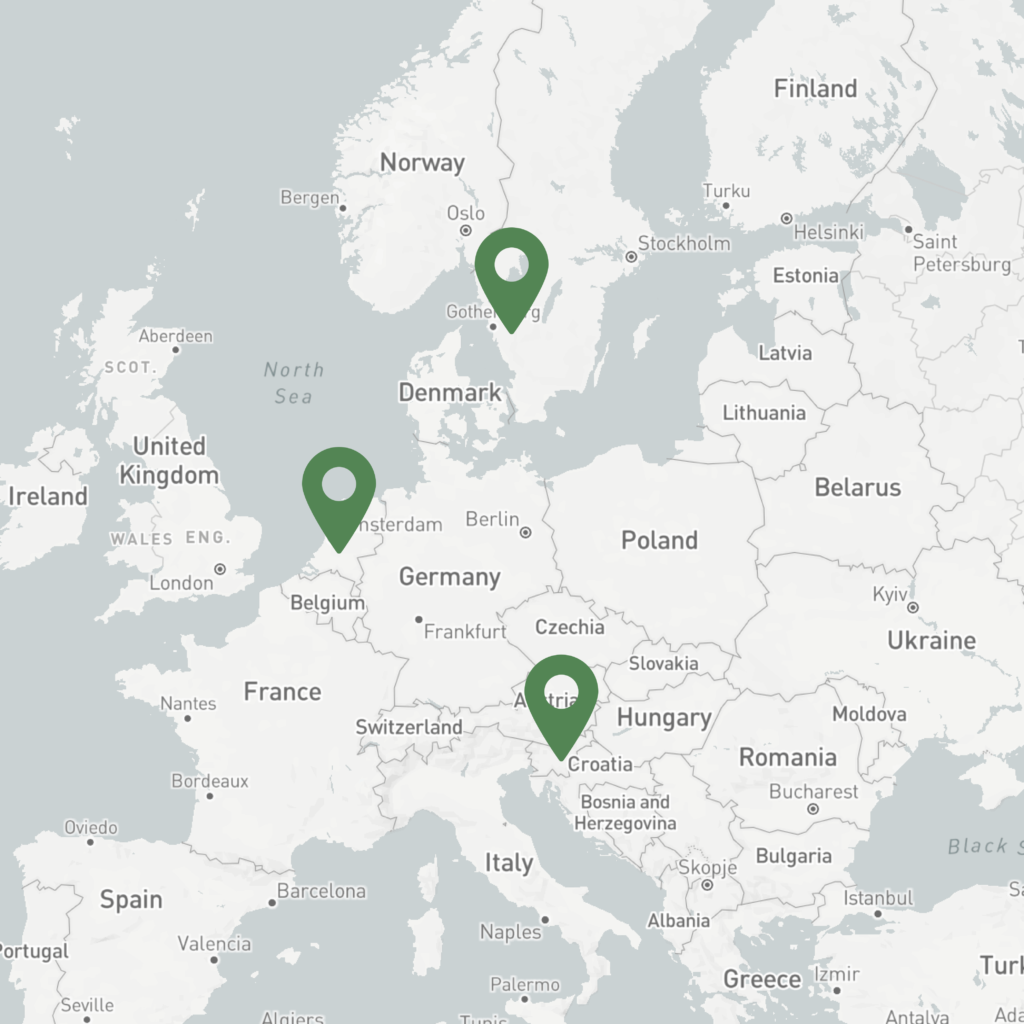

Research Implications
Understanding the citizens’ preferences for shared services in residential spaces is crucial for advancing urban housing strategies that promote sustainable living. CDCUL’s findings will contribute to the broader dialogue on how to create residential living environments aligned with Circular Economy principles.
Partners
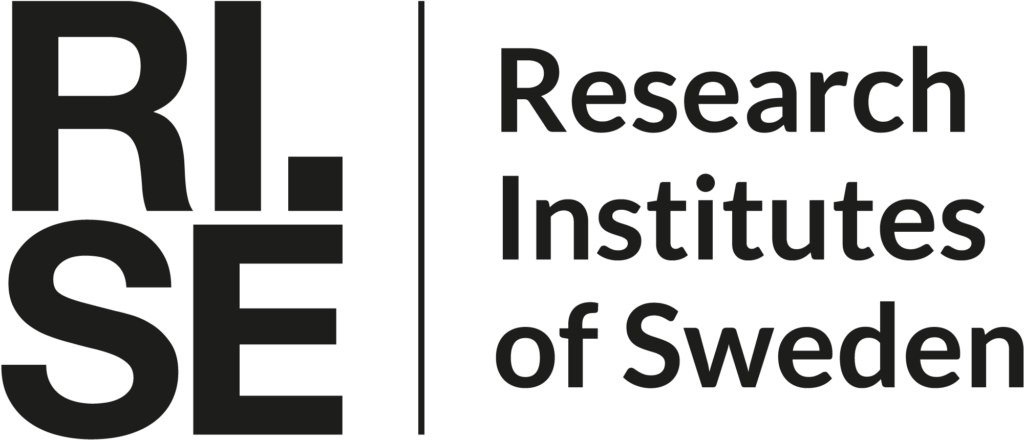
RISE Research Institutes of Sweden AB (RISE) is Sweden’s research institute and innovation partner. It is an independent, public non-profit institute with over 3,000 employees stationed all over the country. As Sweden’s innovation partner, RISE helps develop technology, products, services, and processes that contribute to a sustainable world and a competitive private sector. RISE’s work is done in collaboration with business, academia, and the public sector. There is also an emphasis on interdisciplinary work among researchers within RISE. Researchers in this application come from three different units including Sustainability Analytics, Urban Development, and Perception & Design.
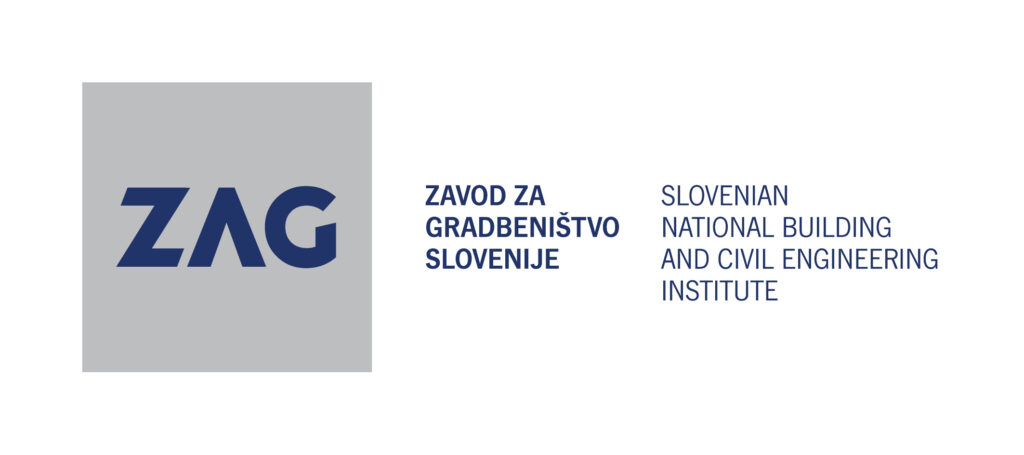
The Slovenian National Building and Civil Engineering Institute (ZAG) is the leading Slovenian institute in the construction sector. ZAG is an independent, impartial and non-profit public research organization with more than 220 employees. Its main activities include fundamental and applied research, development of new methods of testing and measurement, certification and attestation of conformity of products, training of research and technical staff in particular technical fields, participation in the preparation of technical codes and standards. ZAG is involved in several national and international R&D projects and has rich and long research and application experiences in the built environment to achieve climate goals in Slovenia and the EU.

Maastricht Sustainability Institute (MSI) is part of the School of Business and Economics at Maastricht University, focusing on sustainable development in research and education. The multidisciplinary staff (ca. 40 persons) has an interdisciplinary working style and transdisciplinary interest in addressing sustainability problems at the intersection of science, policy, and society. In our research, we explore the transition of economic systems and businesses towards sustainability, and the societal adoption of sustainable behaviors. The institute is responsible for the Master program Sustainability Science, Policy and Society which attracts a large international, multidisciplinary student population, and provides sustainability and circular economy education at bachelor level.
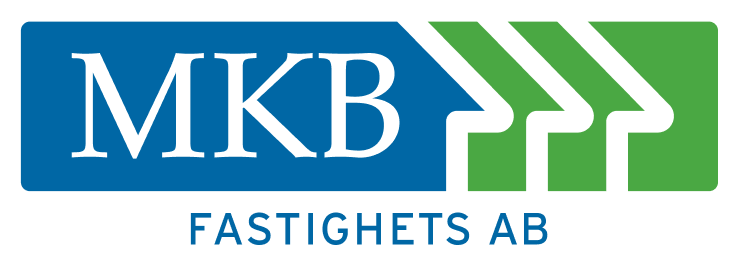
MKB is one of Sweden’s largest publicly owned housing companies, employing 370 people, and is owned by the city of Malmö. With approximately 27,000 apartments and 1,000 commercial premises, MKB is the largest real estate company in Malmö, valued at over 46 billion Swedish kronor. We hold one-third of the rental market in the city, and around 65,000 Malmö residents live in an MKB apartment.

Krook & Tjäder Architects is one of Sweden’s largest architectural firms and a leading player in urban construction. Krook & Tjäder has 300 employees in nine locations in Sweden with its head office in Gothenburg. We work in all areas of architecture – building construction, community planning, landscape and interior architecture, product design, cultural environment and as a process partner. Our mission is to design and build our future living spaces and create conditions for a good quality of life. Today, we use research and development as a driving force to create a resilient and inclusive future.
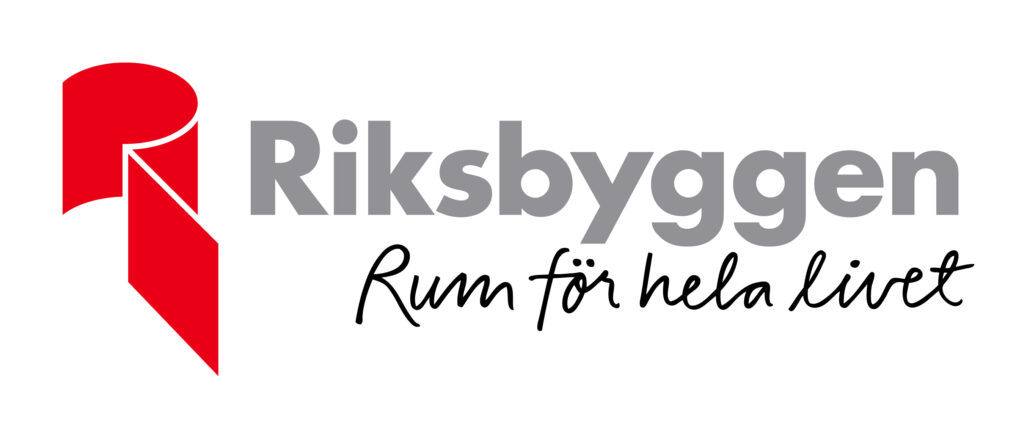
Riksbyggen (RB), the Co-operative Building Organisation of the Swedish Trade Unions, is owned by the trade unions of the building sector, tenant ownership housing cooperatives and other national cooperative organisations. It has a two-level structure: the National level and the Local tenant owner co-operatives. The local tenant owner co-operatives are organised in regional associations who act as delegate bodies and monitor questions regarding ownership rights, lobbying and other interests of the individual co-op. The regional association also provides education and information to the co-ops. RB membership consists of 1,600 housing co-operatives nationally, which are developed by RB.

The Association for Sustainable and Innovative Construction – ZTIGR is a non-profit association that coordinates the activities in the field of advanced non-biogenic building products in SRIP PSiDL (Strategic Research and Innovation Partnership Smart Buildings and Homes with Wooden Chains). ZTIGR members are various stakeholders from the construction process, including researchers, planners, investors, industry, representatives of public bodies, etc. ZTIGR guides its members in the development of competencies in the field of innovation and the use of new technologies for the development of new, competitive products, services and processes. ZTIGR members have great intellectual capital and professional knowledge which is up-to-date, and direct contact to end-users.
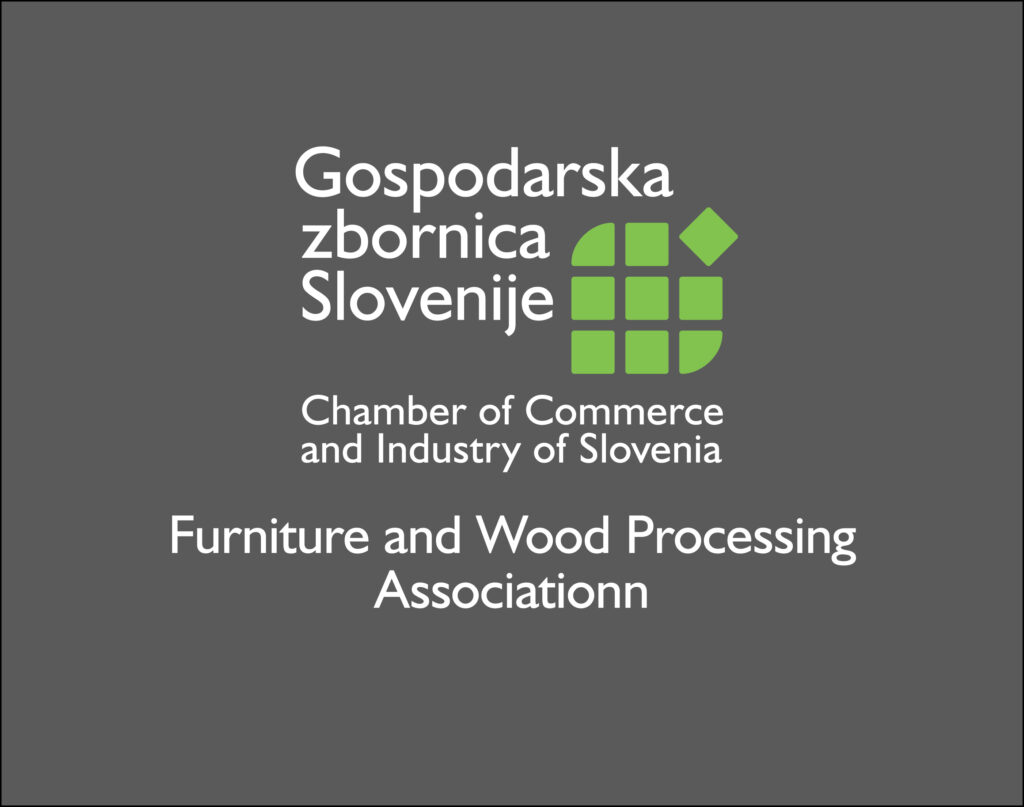
The Wood Processing and Furniture Association (WPFA) is a part of the Chamber of Commerce and Industry Slovenia (CCIS). CCIS is an independent business organization with more than 160 years of tradition, it is the most influential business organization in Slovenia.
WPFA represents the interests of Slovenian woodworking and furniture companies WPFA as the largest sector voluntary association. It monitors current economic trends in the sector, develops the sector’s strategy and supports its members by providing new opportunities for economic development.

